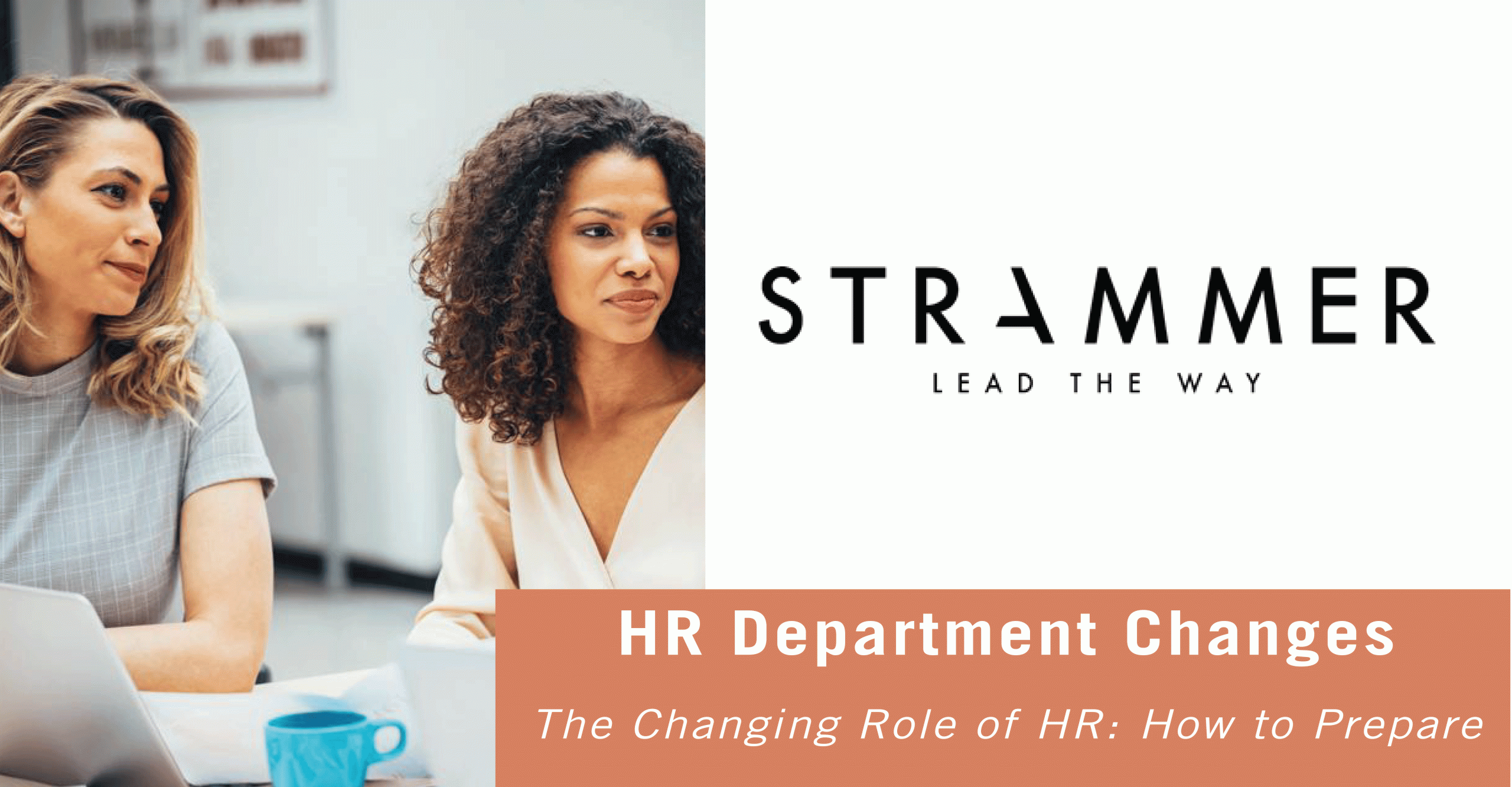The Changing Role of HR: How to Prepare
In the upcoming years, the role of HR will evolve due to different changes in the working environment. Recruiting teams will need to develop new skills, adopt new tools, and master different metrics. Current trends such as digitalisation, the growing importance of data and employee experience will make HR departments grow in importance for firms to continue thriving and have a healthy balance.
According to LinkedIn, demand for recruiting professionals has jumped by 63% since 2016, and the trend is expected to continue to become exponentially more important. The reason for this increase is that competition for jobs is rising. It has become more challenging to find a job, especially after the pandemic, as companies have had to lay off percentages of their workforces to continue operating successfully.
More than ever, candidates applying for job opportunities will need to stand out and show their personal and professional talent for recruiters to hire them. They should show their knowledge of industry trends, emerging technology, economic shifts, and market forecasts. Due to the automation and digitalisation of repetitive tasks, humans’ work will need to be more creative and less predictable. Therefore, candidates need to show how they are unique and what they could bring to the organisation.
Talent Acquisition will continue adjusting as recruiters will need keeping up with the rapidly changing hiring needs. Companies are reviewing their business models and changing their goals which allows them to pivot their needs quickly. However, hiring employees is expensive due to training and onboarding so, HR directors want to focus on hiring employees that will stay long term to reduce turnover costs.
Daily work for HR employees will change with technological advancements, instead of doing the repetitive work of candidate searching or CV screening, HR departments will learn to work with technology to be more efficient and precise with hires. As LinkedIn shows, 68% of recruiters say that better recruiting tools and technology would boost their performance in the next 5 years. The use of A.I. will allow recruiters to oversee wider talent pools to source candidates, including online career searches, social media platforms and agency databases. Another use for the technology is the reduction of conscious or unconscious biases in the hiring process. Due to current social disagreements, many talent acquisition leaders feel pressure to increase diversity and sometimes shift their focus away from quality of the hire. Using these tools to improve the recruiting process will increase efficiency and fairness.
As employees are working from home, it is necessary for HR departments to focus on employee management and satisfaction to ensure their employees are healthy and motivated. By establishing structured frequent check-ins and offering encouragement, employees will feel less isolated when working remotely. With technological advancements, managers can supervise their teams through video calls, chats, and other platforms.
Therefore, there are major changes happening to HR departments in the way they recruit and manage employees of organisations. Digitalisation and changes in the job market make it important for recruiters to adjust and use the new tools available to be efficient and successful in managing their employees.
References:





